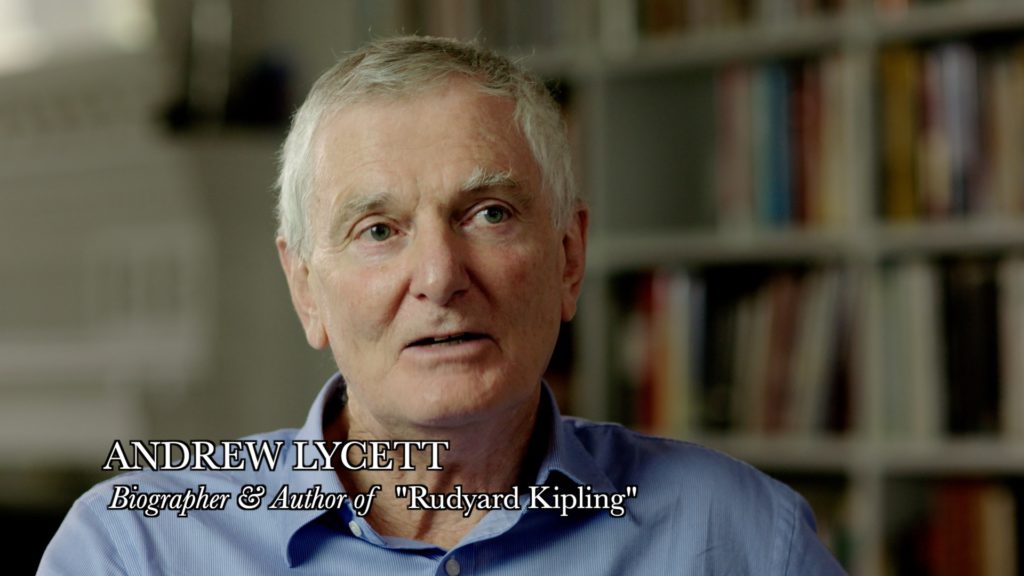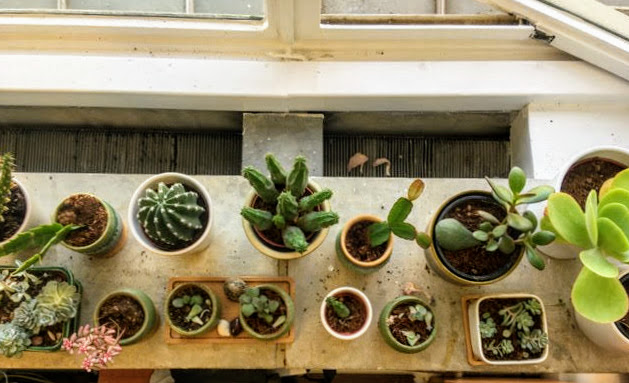by Morwenna Silver
Morwenna Silver volunteered at The Keep last year, helping to catalogue the donation of Julius Carlebach’s papers to the German-Jewish Archive. Here she writes about Carlebach’s reading of Marx, what constitutes antisemitism, and the power of language in a politically unstable culture.
More info on the Carlebach collection can be found on The Keep’s website:
http://www.thekeep.info/collections/getrecord/GB181_SxMs92
—————————————————————————————-
Julius Carlebach had the most extraordinary life. Born in Hamburg in 1922, he and his sister escaped the Nazis via the Kindertransport. He was a sailor in the Royal Navy, and went on to manage a Jewish orphanage in Norwood in South London and then served as a rabbi in Kenya. Also an accomplished academic, he was a research student at the University of Cambridge, and taught at the University of Bristol before he eventually became Associate Professor of Sociology and Israel studies at the University of Sussex. A vast collection of Carlebach’s correspondence, academic papers and research notes has recently been donated to the German-Jewish Archive at The Keep by Carlebach’s family. Continue reading →


